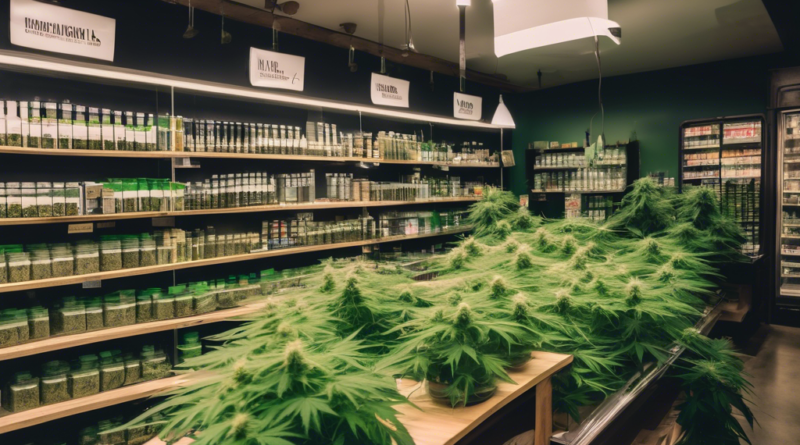Unconstitutional Ruling on Cannabis Store Shutdowns in NYC: Legal Implications and Future Challenges
Unconstitutional Ruling on Cannabis Store Shutdowns
In a significant legal development, the crackdown on unlicensed cannabis stores in New York City has been deemed unconstitutional. The ruling was issued by Queens County Superior Court Justice Kevin J. Kerrigan, who found the city law used for sealing these businesses problematic. This decision has far-reaching implications for the regulatory landscape surrounding cannabis sales in the city.
Failure of Administrative Processes
Judge Kerrigan highlighted fundamental issues with the administrative hearing process as a core reason for the ruling. The system was criticized for its lack of effectiveness, stripping business owners of proper due process. A critical flaw noted was the power of the sheriff’s office to ignore findings from hearing officers, rendering the hearings nearly meaningless. This flaw undermines the fairness of proceedings for entrepreneurs facing closure.
The case that brought this issue to the forefront involved a Queens-based business known as Cloud Corner. Targeted by a sheriff’s office inspection leading to its closure, the business became a focal point in the legal debate. The discovery of suspected cannabis products at the location prompted the shutdown, serving as the catalyst for reviewing the shop’s constitutional rights.
Response and Repercussions
In response to the ruling, Mayor Eric Adams’ office announced plans to challenge the decision. The city administration maintains that the measures are necessary to safeguard communities against illicit cannabis sales, which pose health and safety risks. Despite this stance, the ruling opens a path for closed businesses to possibly resume operations, igniting hopes for those affected by the crackdown.
Attorney Lance Lazzaro, representing some of the impacted business owners, predicts substantial repercussions. If businesses decide to pursue legal claims, the city may face demands for compensation including lost revenue and damage to reputations. This potential for financial liabilities further complicates the already contentious issue of managing cannabis sales in urban areas.
The ruling touches upon a broader trend in New York, where legislative changes now allow local agencies to inspect and promptly close shops suspected of illegal cannabis sales. With over 1,200 stores shuttered under this initiative, the judicial ruling may impact a substantial number of cases, highlighting the intersection of local law enforcement and civil rights protections.
The city’s law department argues that these measures are a necessary deterrent against illegal smoke shops, which they claim threaten the welfare of young residents and overall community standards. Thus, the push to maintain enforcement persists, creating a complex dialogue between legal authority and the evolving cannabis economy.

